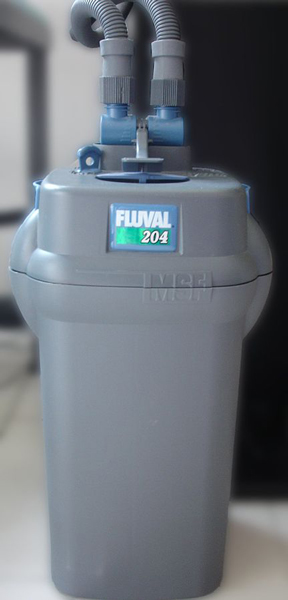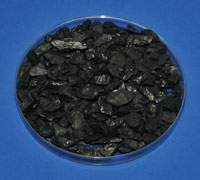The American Heart Association recommends people eat fish (particularly fatty fish) at least two times a week. Fatty fish sources include:
Mackerel
Lake trout
Herring
Sardines
Albacore tuna
Salmon
All the above mentioned fatty fish sources are high in two kinds of omega-3 fatty acids, which are eicosapentaenoic acide (EPA and docosahexaenoic acid (DHA).
Omega-3 fatty acids have long been known to benefit the heart of healthy people as well as those at high risk for cardiovascular disease.
The American Heart Association also recommends we eat foods that contain alpha-linolenic acid (LNA) which can become omega-3 fatty acid in the body. Researchers do not know just how much more benefit it is to add these foods. More studies are needed to show a cause-and-effect relationship between alpha-linolenic acid and heart disease.
To learn more about omega-3 levels for different types of fish and mercury levels, which can be a concern, please review the American Heart Association's Encyclopedia entry on Fish, Levels of Mercury and Omega-3 Fatty Acids.
The suggestions below are a good guide to use for consuming omega-3 fatty acids:
Patients without documented coronary heart disease should eat a variety of (preferably fatty) fish at least twice a week. They should also include oils and foods rich in alpha-linolenic acid such as flaxseed, canola and soybean oils, and walnuts.
Patients with documented coronary heart disease should consume about 1 g of EPA+DHA per day preferably from fatty fish. A capsule form can also be considered in consultation with the physician.
Patients who need to lower triglycerides should take 2 to 4 grams of EPA+DHA per day provided as capsules under a physician's care.
If you are taking more than 3 grams of omega-3 fatty acids from capsules per day you should do so under the care of a physician. The American Heart Association warns that high intakes can cause excessive bleeding in some people.
The way that omega-3 fatty acids reduce CVD risk is still not known and is still being studied. Large-scale epidemiologic studies suggest that people at risk for coronary heart disease benefit from consuming omega-3 fatty acids from plants and marine sources. Research has shown the following:
Decrease risk of arrhythmias, which can lead to sudden cardiac death
Decrease triglyceride levels
Decrease growth rate of atherosclerotic plaque
Lower blood pressure (slightly)
How much each person should take is still unclear. Studies suggest taking EPA+DHA ranging from 0.5 to 1.8 grams per day (either as fatty fish or supplements) significantly reduces deaths from heart disease and all causes. Total intake of alpha-linolenic acid should be 1.5-3 grams per day to be beneficial.
More studies are needed to confirm and define the health benefits of omega-3 fatty acid supplements for preventing a first or subsequent cardiovascular emergency.
The American Heart Association recommends most to increase omega-3 fatty acid intake through foods. Coronary artery disease patients may not be able to get enough omega-3 by diet alone. They may want to consult with their doctor about taking a supplement.
The American Heart Association also feels supplements could help people with high triglycerides. Your physician will be able to decide what dosage is right for you.
Always keep in mind to look for a high-quality omega-3 fatty acid supplements, free of contaminants before using.
Source: American Heart Association
Disclaimer: The information in this article is not intended to replace the medical advice of your doctor or health care provider. Please consult your health care provider for advice about a specific medical condition.
This article is FREE to publish with the resource box.

 Canister Filters
In this article we will deal with a type of filter that many
Canister Filters
In this article we will deal with a type of filter that many
 What to Keep in Your Aquarium Maintenance Bucket
It is too easy for hobbyists, especially new ones, to become
What to Keep in Your Aquarium Maintenance Bucket
It is too easy for hobbyists, especially new ones, to become
 Aquarium Carbon
Whether it is for a small betta bowl, 6 million gallons
Aquarium Carbon
Whether it is for a small betta bowl, 6 million gallons
 Reefdoser Pro for iPad Ships
Reefdoser Pro for iPad Ships
 Keep Your Aquarium Clean With These Tank Tools
Success in maintaining a freshwater system takes applied kno
Keep Your Aquarium Clean With These Tank Tools
Success in maintaining a freshwater system takes applied kno